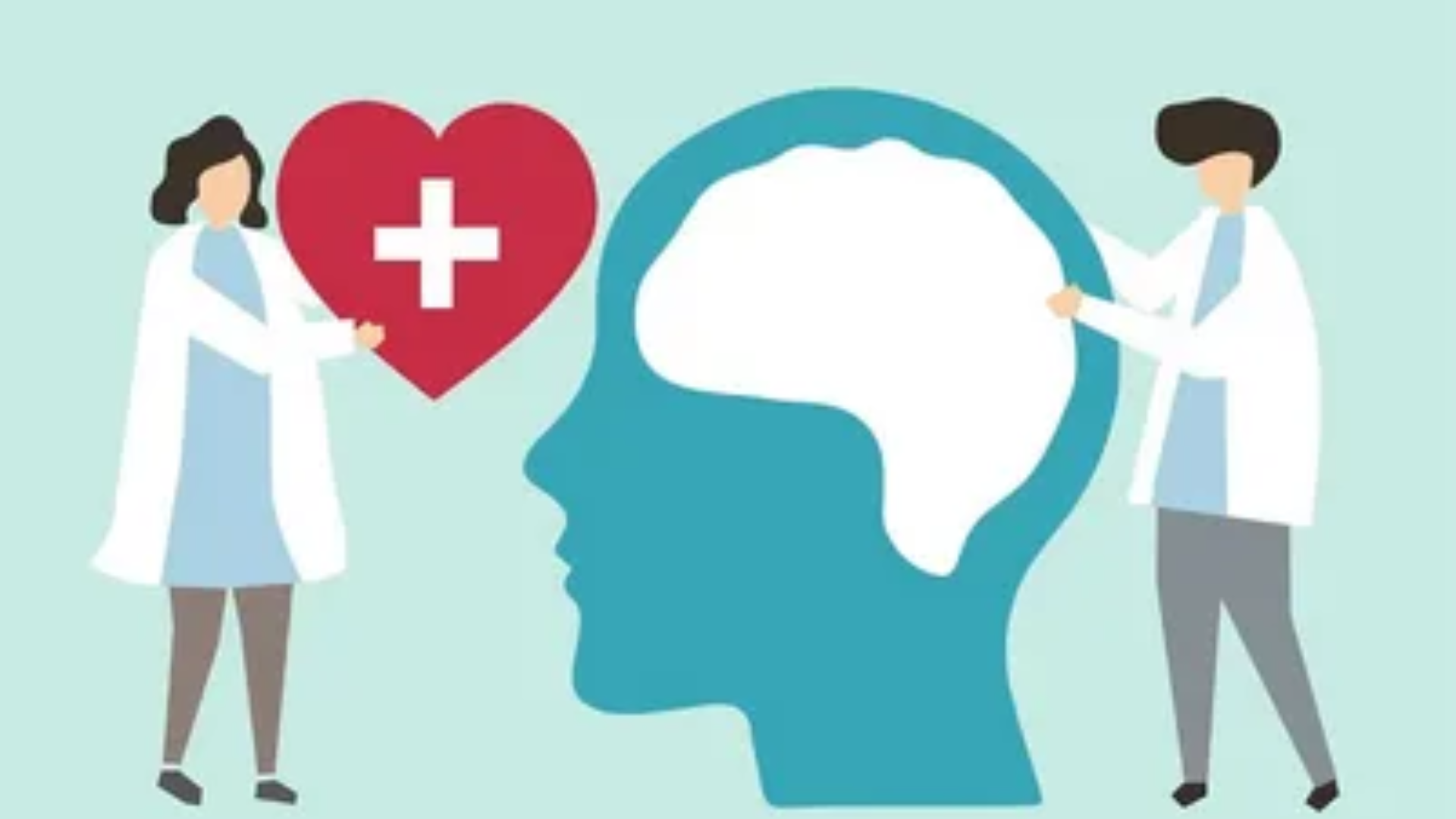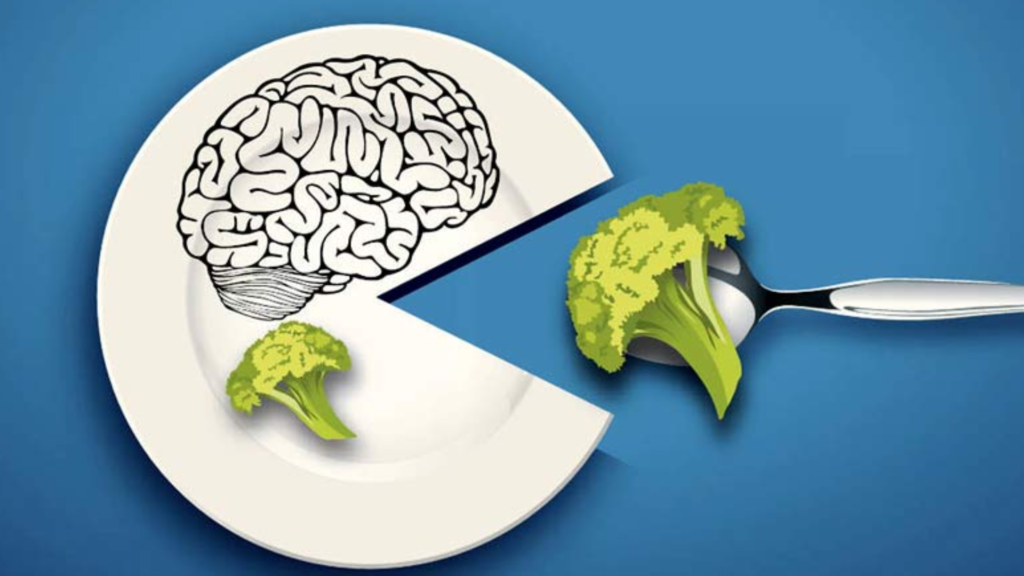Our busy lives often neglect mental health, despite its equal importance to physical health. We all know how important it is to take care of our bodies—exercising, eating right, and getting enough sleep. But mental health deserves the same attention, too. Without a strong mental foundation, achieving balance and happiness in life becomes much harder.
In this article, we’ll explore various strategies for maintaining a healthy mind, managing stress, and achieving a balanced, happier life. These strategies are not only practical but simple to incorporate into your daily routine.
Understanding Mental Health
Before diving into strategies, it’s essential to understand what mental health is and why it’s so important. Mental health refers to our emotional, psychological, and social well-being. It affects how we think, feel, and act. It also influences how we handle stress, relate to others, and make decisions.
Good mental health isn’t just the absence of mental disorders. It’s about being in a positive state of mind where you feel satisfied about yourself, your relationships, and your ability to handle life’s challenges. Similar to physical health, mental health can fluctuate, and this is a perfectly normal occurrence.
The Importance of Mental Health
Why should we prioritize mental health? The impact of mental well-being on our overall health and happiness is profound. When we feel mentally healthy, we are more resilient, energetic, and capable of dealing with setbacks. A healthy mind allows us to maintain positive relationships, achieve our goals, and live life to its fullest.
Conversely, poor mental health can manifest in many ways: stress, anxiety, depression, and burnout, to name a few. These conditions can affect our physical health, relationships, and careers. By addressing mental health issues early, we can prevent them from escalating and becoming more challenging to manage.
Key Strategies for Maintaining Mental Health
Now that we understand the importance of mental health, let’s look at some practical strategies to improve and maintain it. These strategies focus on making small, positive changes that can have a lasting impact on your overall well-being.
Prioritize Self-Care
Self-care is not just about spa days and pampering yourself (though those things do count!). It’s about taking time to nourish your body and mind regularly. In a world that often encourages us to keep pushing ourselves to the limit, self-care is an essential practice for maintaining mental health.
Self-care can take many forms. Here are a few simple ways to make it a part of your routine:
Rest: Make sure you’re getting enough sleep. Aim for 7-9 hours of sleep each night. Sleep is when your brain processes emotions and recharges for the next day.
Nutrition: Eating a balanced diet filled with fresh fruits, vegetables, and whole grains can improve mood and boost energy levels.
Exercise: Regular physical activity is one of the best ways to reduce stress and anxiety. It also releases endorphins, the “feel-good” hormones.
Build a Support System
No one should have to face mental health struggles alone. Having a solid support system is key to managing stress and staying positive. Friends, family, or even a therapist or counselor can form a good support system.
Communicate openly: Share your thoughts and feelings with people who care about you. This can help reduce feelings of isolation and provide valuable perspective.
Seek professional help when needed: If you’re struggling with persistent anxiety, depression, or other mental health issues, consider talking to a mental health professional.
Practice mindfulness and meditation.
Mindfulness is the practice of staying present in the moment and paying attention to your thoughts, feelings, and surroundings without judgment. It can help you manage stress, reduce anxiety, and improve your overall mental well-being.
Meditation is a wonderful way to practice mindfulness. Just a few minutes of meditation each day can calm your mind, lower stress levels, and increase your ability to concentrate.
Here’s how to get started:
Locate a peaceful area: Take a comfortable seat in a peaceful area where you won’t experience any disturbance.
Focus on your breathing: Close your eyes and take deep, slow breaths. Focus on the sensation of air entering and leaving your body.
Let thoughts come and go: Don’t try to stop your thoughts. Simply observe them and let them pass by.
Stay active and get moving.
Physical activity has a huge impact on mental health. It helps improve mood, reduce stress, and increase energy levels. Exercise releases endorphins, which are natural mood lifters. It also promotes better sleep and reduces the risk of developing mental health disorders like depression and anxiety.
Here are some tips to incorporate more physical activity into your day:
Walk more: Take the stairs instead of the elevator, or go for a walk during your lunch break.
Try new activities: Join a fitness class, take up yoga, or explore outdoor activities like hiking or biking.
Set realistic goals: Don’t push yourself too hard. Start small and gradually build up your exercise routine.
Manage Stress Effectively
Stress is inevitable, but how we manage it makes all the difference. Chronic stress can lead to mental health issues like anxiety, depression, and burnout. Learning how to cope with stress in healthy ways can improve your resilience and overall mental well-being.
Take breaks: When you’re feeling overwhelmed, step away from the situation for a few minutes. Take a walk, do some deep breathing, or listen to calming music.
Organize and prioritize: Break down tasks into manageable steps, and focus on one thing at a time. Delegate when necessary, and don’t be afraid to ask for help.
Relaxation techniques: Techniques like deep breathing, progressive muscle relaxation, and visualization can help calm your mind and reduce tension.
Cultivate Gratitude
Gratitude is a powerful tool for improving mental health. Focusing on what you’re thankful for can shift your mindset, reduce negative thinking, and enhance your mood.
Start a gratitude journal where you write down three things you’re grateful for each day. They don’t have to be big things—simple things like a tasty cup of coffee or a kind gesture from a friend can make a difference.
Over time, practicing gratitude can help you develop a more positive outlook on life and make it easier to handle challenges.
The Power of Positive Thinking
Positive thinking is another valuable strategy for boosting mental health. It involves focusing on the good, even when things aren’t going well. While it’s important to acknowledge your emotions and challenges, cultivating an optimistic mindset can help you feel more hopeful and motivated.
Here are some ways to practice positive thinking:
Reframe negative thoughts: When you catch yourself thinking negatively, try to reframe it. For example, instead of thinking, “I can’t do this,” think, “This is a challenge, but I can handle it.”
Focus on solutions: When problems arise, focus on finding solutions instead of dwelling on the issues.
Surround yourself with positivity: Spend time with people who uplift and support you, and engage in activities that make you feel good.
Setting Realistic Goals and Expectations
Setting goals is essential for maintaining a sense of purpose and motivation. However, it’s important to set realistic goals that are achievable within a reasonable timeframe. Setting unrealistic goals can lead to frustration, stress, and disappointment.
To set effective goals:
Be specific: Instead of saying, “I want to be healthier,” set clear and measurable goals like “I will walk 30 minutes every day.”
Break it down: Break large goals into smaller, more manageable steps.
Celebrate progress: Celebrate your achievements, no matter how small. This helps boost motivation and reinforces positive habits.

Conclusion: Embrace Mental Health with Compassion
Your mental health is just as important as your physical health, and taking care of it requires compassion, effort, and attention. By prioritizing self-care, building a support system, managing stress, and practicing mindfulness, you can achieve a more balanced and happy life.
Remember, everyone’s mental health journey is different. There will be ups and downs, but with the right strategies and mindset, you can build a strong foundation for a healthier, happier life.
So, take a deep breath, practice kindness towards yourself, and start implementing these strategies today. Your mind—and your future self—will thank you for it.






![Breaking Down the Features of [Computer Model Name] A USA Perspective](https://vibranthealthlife.com/wp-content/uploads/2025/01/Breaking-Down-the-Features-of-Computer-Model-Name-A-USA-Perspective-1024x576.png)